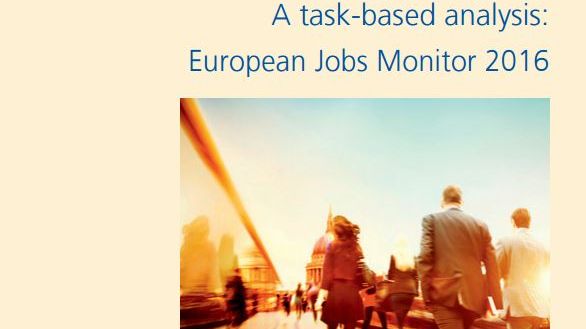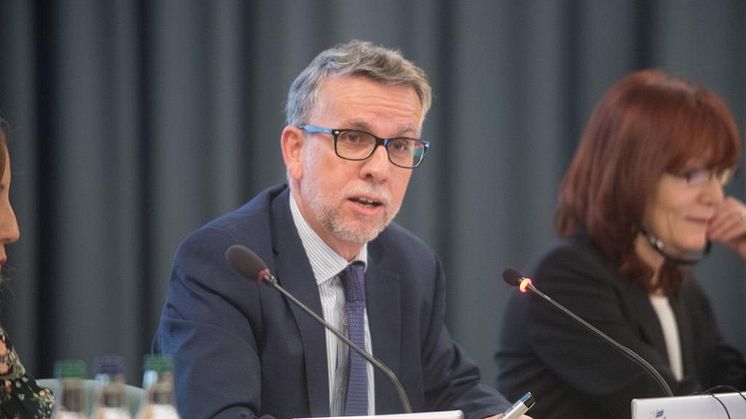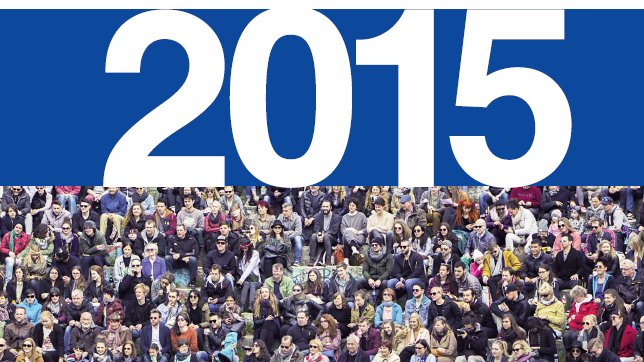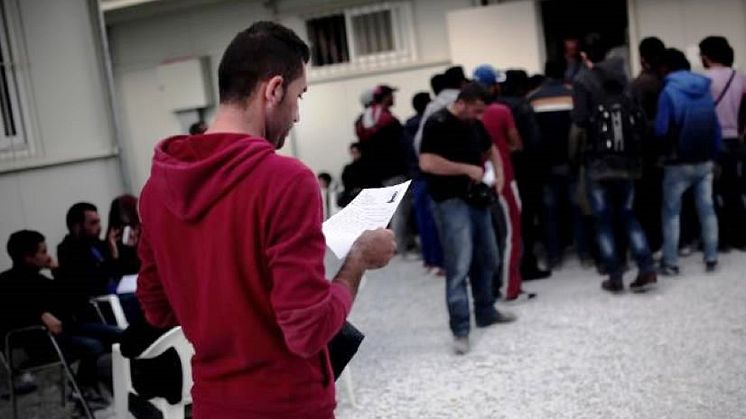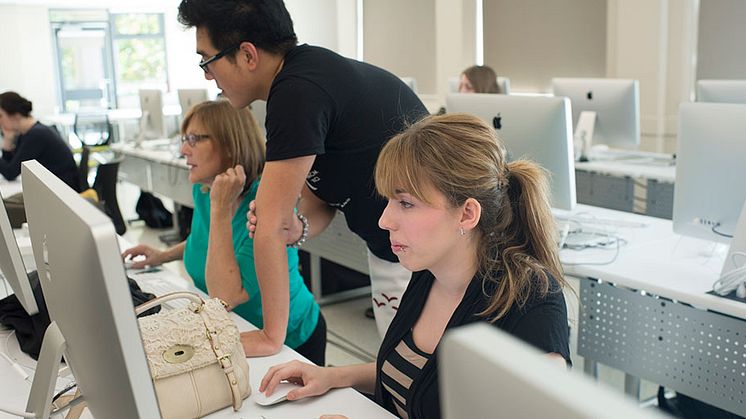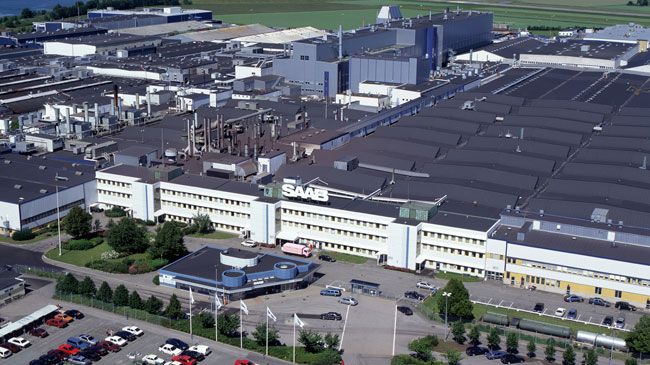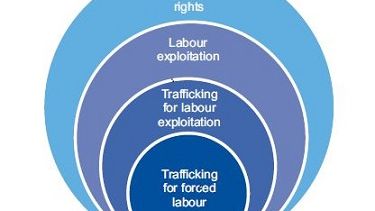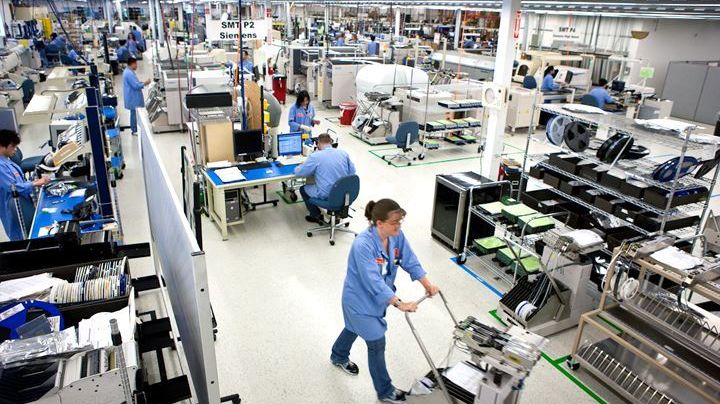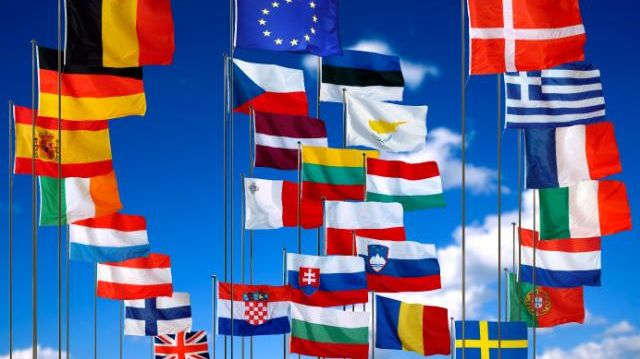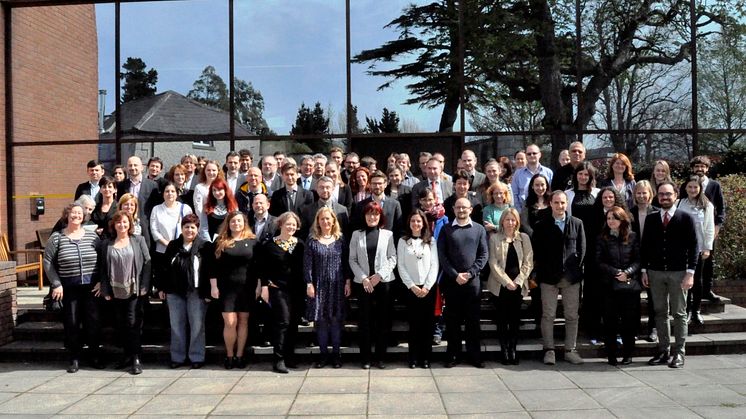What do Europeans do at work? A task-based analysis: European Jobs Monitor 2016
Europe has begun to emerge from the prolonged slump caused by the global financial crisis in 2008 and exacerbated by the euro zone single-currency crisis in 2010–2011. In 2014–2015, aggregate employment levels rose faster than at any time since 2008: over four million new jobs were created in the EU28. The fifth annual European Jobs Monitor report looks at employment shifts in the European Union.
